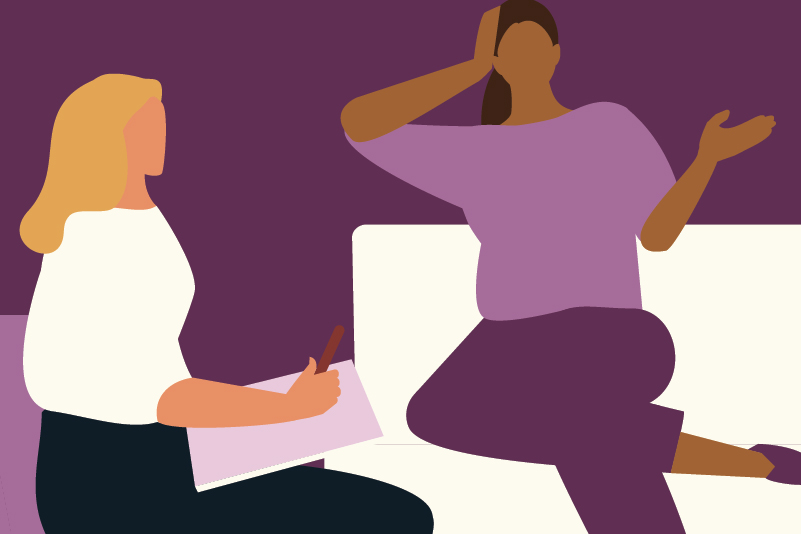#136 Atypical antipsychotics for anxiety: Worth worrying about?

Reading Tools for Practice Article can earn you MainPro+ Credits
Join NowAlready a CFPCLearn Member? Log in
- GAD: Highest quality systematic review of nine randomized controlled trials (RCTs) (4,387 patients).1
- Quetiapine versus placebo (four RCTs, 2,262 patients):
- Response: Number Needed to Treat (NNT)=6. Inconsistent results.
- Remission: NNT=10. Inconsistent results.
- Withdrawal due to adverse events: Number Needed to Harm (NNH)=9.
- Quetiapine versus antidepressants (two RCTs, 858 patients):
- Similar efficacy but quetiapine more withdrawal due to adverse effects NNH=11.
- Quetiapine (one RCT, 22 patients), risperidone (two RCTs, 457 patients), or olanzapine (one RCT, 24 patients) versus placebo added to antidepressants:
- No differences except olanzapine one improved anxiety rating.
- Quetiapine versus placebo (four RCTs, 2,262 patients):
- OCD: Highest quality systematic review of 11 RCTs (396 patients):2
- Antipsychotic versus placebo added to antidepressants:
- Olanzapine: Not different.
- Quetiapine: Response NNT=8 (borderline significance p=0.07).
- Stopping early due to adverse effects NNH=9 over 12 weeks.
- Risperidone: Response NNT=4.
- No difference in stopping early for adverse effects.
- No RCTs versus placebo or antidepressants.
- Antipsychotic versus placebo added to antidepressants:
- Other reviews found similar results.3-10 Aripiprazole may be beneficial in OCD, based on two RCTs (79 patients).7
- Limitations: Short-term (≤16 weeks); all manufacturer-sponsored, often small sample sizes, unclear randomization and blinding procedures in most studies.1,2
- No evidence for panic and too little evidence (two RCTs, 27 patients) for social phobia.1
- NNT~5-6 over 10-13 weeks for response from antidepressants in GAD and OCD.11,12
- For depression, atypical antipsychotics have stronger evidence for augmentation of antidepressants than therapy alone.13
- Canadian guidelines recommend atypical antipsychotics typically 3rd line (alone or adjunct) for most anxiety disorders, with risperidone and aripiprazole 1st line adjuncts in OCD.14














